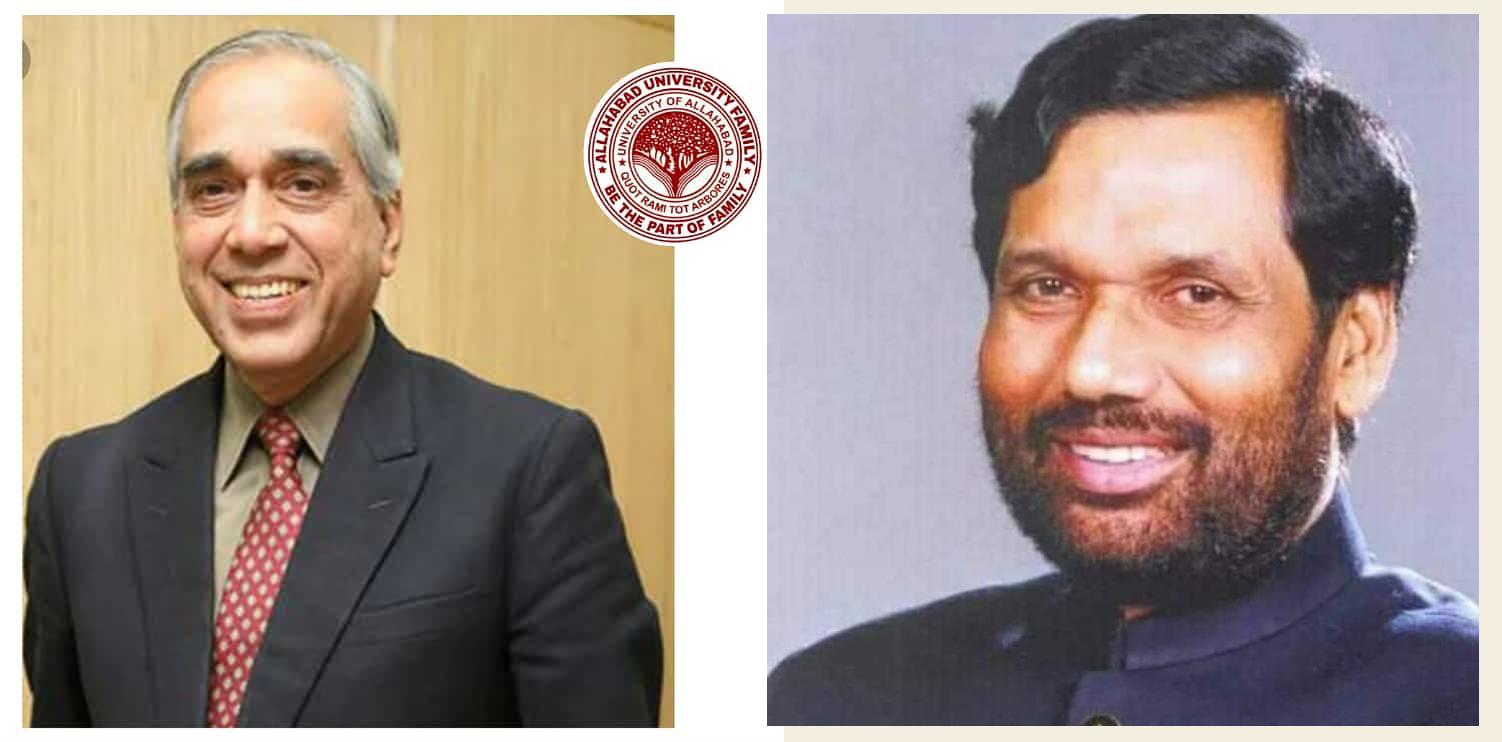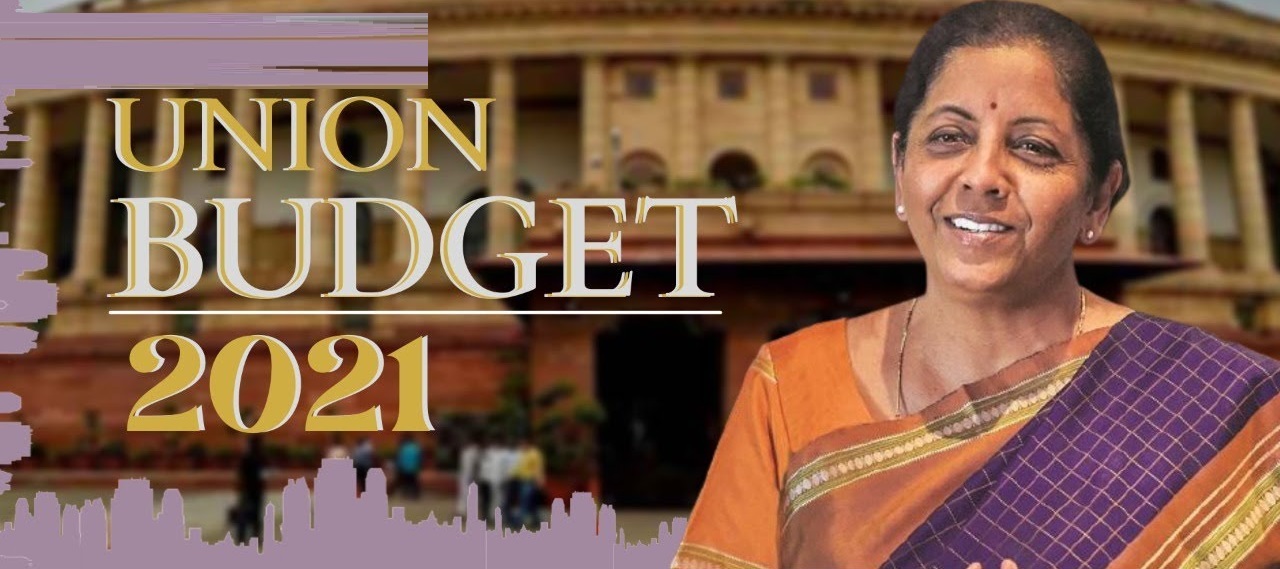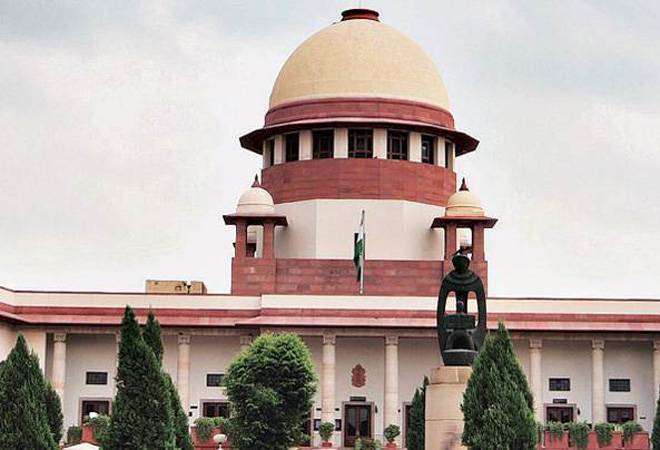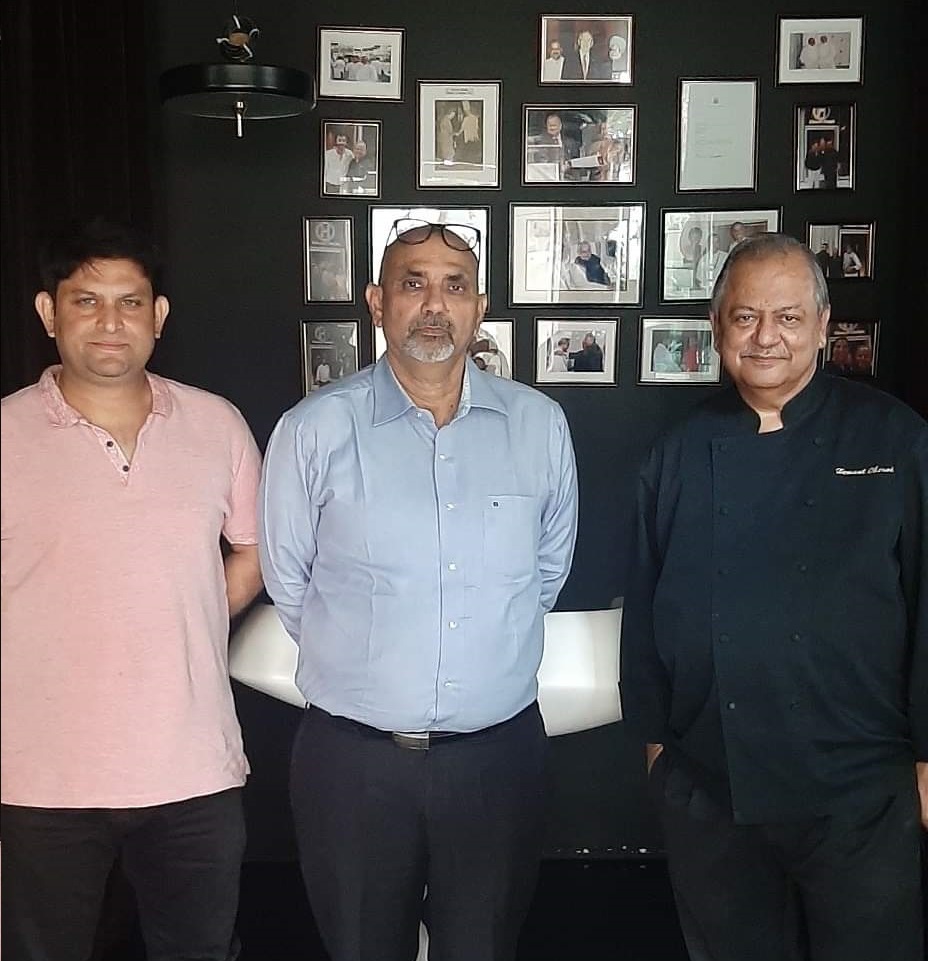
Is it cruelty if the claim that the mother-in-law has a mental illness is found false?
Due to the stigma associated with mental diseases, a bench led by Justice Harish Tandon said that many people do not even admit the existence of mental illness in their family.
According to a recent ruling by the Calcutta High Court, it is not sufficient to prove a spouse's parent's mental illness in order to establish mental cruelty and obtain a divorce.
Justices Harish Tandon and Madhuresh Prasad, who made up the division bench, clarified that even when a family member has mental illness, it is often not recognized in many households.
"We take judicial notice of the fact that many people's families are reluctant to acknowledge that mental illness exists because they are fostering an unfounded fear of social stigma."
The Court stated that it could not accept such misguided common beliefs to declare that the husband's mother's purported mental illness would in and of itself be considered an act of mental cruelty.
Thus, the bench rejected a husband's claim, stated without evidence, that his mother was a "mental patient," saying that his wife had abused him mentally.
"In and of itself, such an accusation cannot be considered an act of mental cruelty. In its ruling on December 21, 2023, the Court declared that "an act of mental cruelty cannot be defined as the mere failure to prove the allegation of mental illness."
The bench was considering cross-appeals brought by the husband and wife in an effort to overturn a family court ruling from July 2015 that had denied the husband's request for a divorce due to cruelty and desertion in violation of the Hindu Marriage Act.
While the wife contested the family court's decision to permit the marriage to be judicially separated, the husband felt wronged by the court's rejection to grant him a divorce.
The husband claimed in his appeal that the wife had fought with him and his family, called him derogatory names, and even physically abused his elderly mother.
In addition, he claimed that the wife frequently left the marital residence and would only return after several months, never returning after 2003.
The spouse refuted every accusation. She said that because she had landed a new job as a teacher and it was more convenient to work and look after the couple's daughter from there, she was forced to move back in with her parents.
She also mentioned that she spent holidays at her husband's place. Furthermore, she asserted that the basis for such a living arrangement was a mutual agreement between the couple.
She further stated that it was only after marriage that she discovered her husband's mother had a mental disorder.
The spouse vigorously protested to this submission, claiming that the accusation amounted to mental abuse.
Nonetheless, the Court determined that the husband lacked sufficient evidence to support his accusations against the wife, including the claim that she was unkind and had abandoned him.
Consequently, it refused to issue a divorce but overturned the family court's decision to separate the couple judicially.
Your free access to Supreme Law News has expired
For further details contact:
Dr. Ajay Kummar Pandey
( LLM, MBA, (UK), PhD, AIMA, AFAI, PHD Chamber, ICTC, PCI, FCC, DFC, PPL, MNP, BNI, ICJ (UK), WP, (UK), MLE, Harvard Square, London, CT, Blair Singer Institute, (USA), Dip. in International Crime, Leiden University, the Netherlands )
Advocate & Consultant Supreme Court of India, High Courts & Tribunals.
Delhi, Mumbai & Dubai
Tel: M- 91- 9818320572. Email: editor.kumar@gmail.com
Website:
www.supremelawnews.com
www.ajaykr.com, www.4Csupremelawint.com
Facebook: /4Clawfirm, /legalajay Linkedin: /ajaykumarpandey1 Twitter: /editorkumar / YouTube: c/4cSupremeLaw Insta: /editor.kumarg
Telegram Channel
Whatsup Channel











